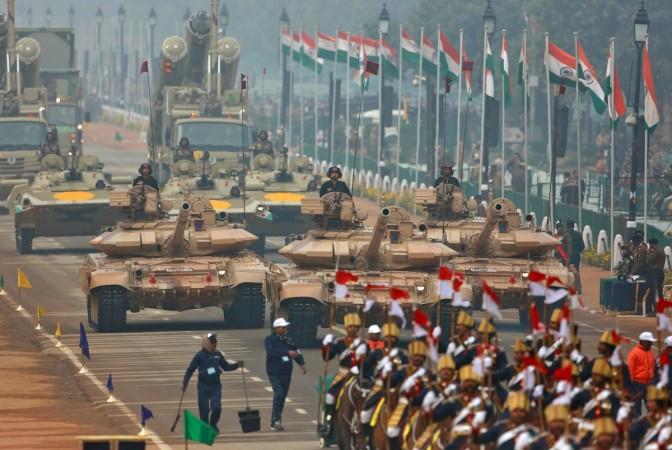
With Republic Day arriving, every person on morning walk has suddenly become an expert on democracy. And I being fully (and a little exceedingly) aware of my small understanding of the subject, listen attentively to these wise voices. But as they say, company makes a man (and a woman too), so I learn quite a few concepts from these morning-walkers.
So, we are a democracy and from what I gather from my discourse with these wise voices, equality is an important tenet of democracy. Our constitution guaranteed us a life of dignity where all are equal. And all through my walk, I almost burn with a sense of pride that comes from my realisation of that sublime ideal of equality that we have so truly achieved.
It's only when I walk out of the park that the ineluctable realisation dawns upon me that we are not as much guided by the great principles laid down in our constitution, as we are by Orwell's: All animals are equal but some are more equal than others.
I.
My elation suffers the first setback when I see a rickshaw-puller being thrashed by a police personnel for blocking the Park gate, while a shining Honda City is still parked there, occupying significantly more space than the humble rickshaw.
But that is nothing. I have some more shockers in store. Once at home, I expose myself to the cacophony known as panel discussion on a national channel. The hue and cry is about the movie Padmaavat, that is supposed to be badly damaging for Rajput honour.
I switch the channel only to be exposed to another highly agitated panel ready to kill or die for the sake of Hindu honour. Some other channel is breaking the TV screen...oops...news on the Karni Sena having finally seen Padmaavat.
While all the important issues are being nicely taken up by our responsible media, and being equally responsibly discussed by people in the street, even with my small understanding I can still comprehend how a Ram Mandir or a Padmaavat cannot affect the man on the street as much as the dignity of life can.
There is practically no issue (but the important ones) that we are not trying to take seriously, and yet we are not even going anywhere close to what the creators of our great constitution had envisaged.
I can see clearly that all is not well, we are not a happy people yet. Our religious identity is in danger; our cultural identity is becoming a victim of conspiracy, and we are constantly trying to fight the enemies and yet to no avail.
Are we fighting an invisible, non-existent enemy? Do we even know who our real foes are?
II.
Tired of all this caterwauling I try and sit in peace with the newspaper looking for some reprieve there.
On the very first page, I come by what Nisha Agrawal, CEO of Oxfam India says: "It is alarming that the benefits of economic growth in India continue to concentrate in fewer hands. The billionaire boom is not a sign of a thriving economy but a symptom of a failing economic system. Those working hard, growing food for the country, building infrastructure, working in factories are struggling to fund their child's education, buy medicines for family members and manage two meals a day. The growing divide undermines democracy and promotes corruption and cronyism."
The report goes on to say that 73 percent of the wealth generated last year went to the richest one percent, while 67 crore Indians who comprise the poorest half of the population saw one percent increase in their wealth.
III.
This then is the truth behind our inflated sense of glory. The rich are becoming richer by the day, and the poor are sleeping in the same ghettos where they were 68 years ago, and we are making tall claims about inclusive development. We shout slogans on Make in India, while very conveniently ignoring the 67 percent of the poor who actually form India.
What BR Ambedkar presaged 68 years ago, proves true today. He was right in his apprehension that in focusing on political democracy we would forsake the great ideal of social democracy, forgetting foolishly that no political democracy can ever flourish in the absence of social democracy.
In the absence of equality in economic and social life, we cannot build a democracy worth its name.
Much water has flown under the bridge. Much time wasted. Isn't it high time we stopped to think where we are heading in the name of development? Isn't it time to put our very notion of democracy to scrutiny?
On the 69th Republic Day, we would do better to introspect whether we are marching towards the golden dream of democracy visualised by the father of the constitution. I think we would do better to accept that we haven't even started our march.
High time we did.
(Pradeep Kaimal is a Delhi-based energy journalist.)

















